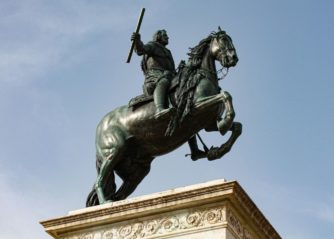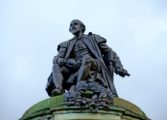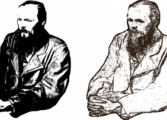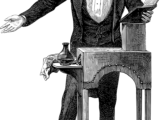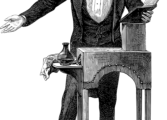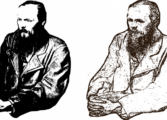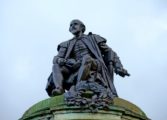Charles Dickens: A Literary Giant
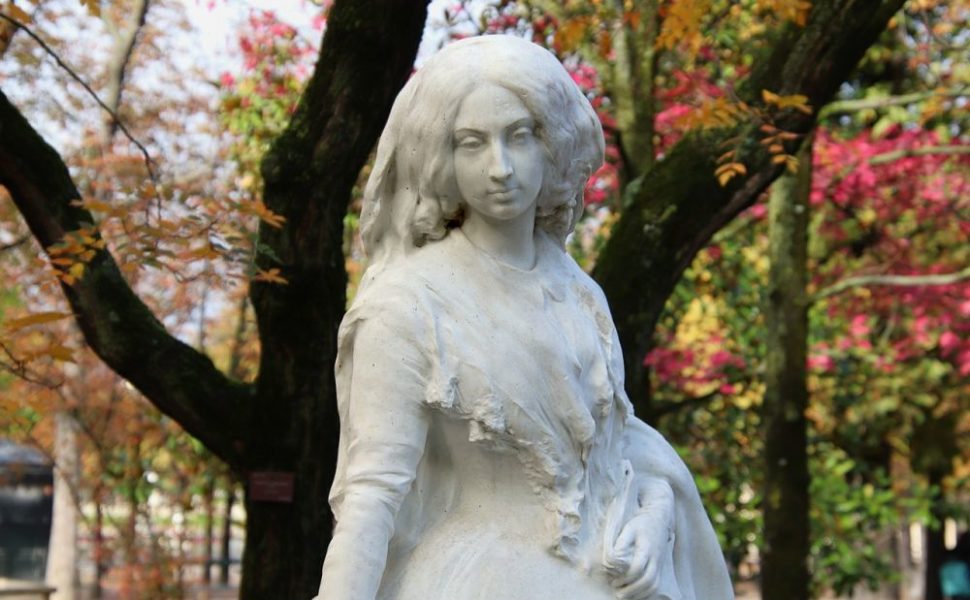
Introduction
Charles Dickens, one of the greatest novelists in English literature, continues to captivate readers worldwide with his timeless stories and engaging characters. Born on February 7, 1812, in Portsmouth, England, Dickens’s literary contributions have left an indelible mark on the world of literature. In this article, we explore the life, works, and profound impact of Charles Dickens, providing valuable insights for enthusiasts and scholars alike.
A Journey Through Time
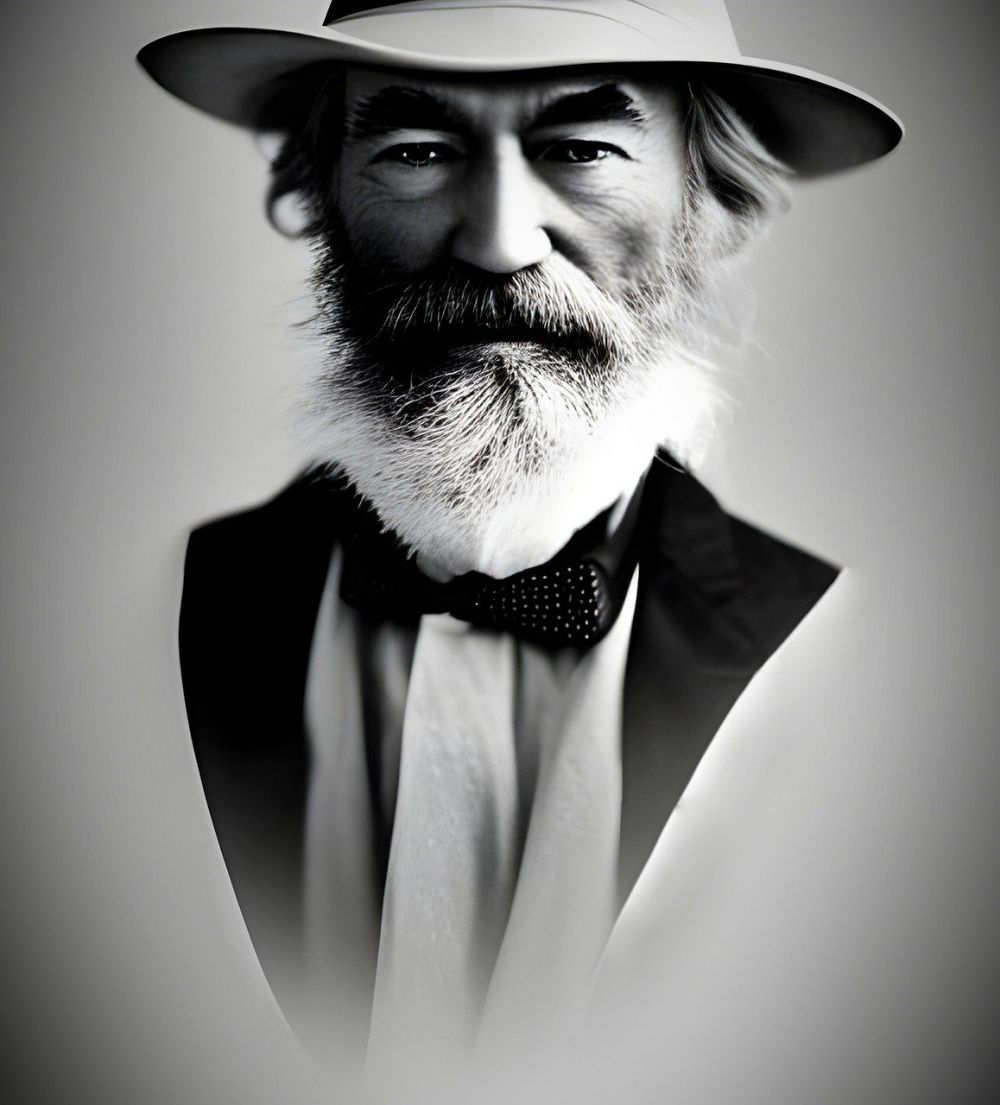
Charles Dickens’s journey as a writer can be traced back to his childhood. Growing up in a modest family, Dickens experienced the hardships of poverty, which significantly influenced his writings. His works often highlighted social injustice, poverty, and the struggles faced by the working class during the Victorian era.
Early Career and Breakthrough
Dickens began his writing career as a political journalist, contributing articles to various newspapers and magazines. However, it was his first novel, “The Pickwick Papers,” serialized between March 1836 and November 1837, that catapulted him to literary fame. The lovable characters, witty humor, and intricate plotlines showcased Dickens’s unique storytelling abilities, making him an instant sensation amongst readers.
Masterpieces and Literary Genius
Throughout his career, Dickens produced a plethora of literary masterpieces, each exploring different aspects of Victorian society. One of his most celebrated works, “Oliver Twist,” published in 1838, shed light on the grim realities faced by orphans and their struggle for survival in a harsh world. Dickens’s gripping narrative and vivid descriptions resonated with readers, eliciting both sympathy and outrage.
Subsequently, Dickens continued to captivate audiences with his novels, including “David Copperfield” (1850), “Great Expectations” (1861), and “A Tale of Two Cities” (1859), each delving into different social themes, such as class divide, redemption, and the impact of the French Revolution.
Dickens and Social Reform
Beyond his literary prowess, Dickens’s writings served as a powerful medium for advocating social justice. He fearlessly criticized the prevailing inequities and championed the rights of the underprivileged. Through his works, Dickens brought attention to the harsh conditions of the Victorian society, calling for reform and change.
Legacy and Impact
Charles Dickens’s influence on literature is immeasurable. His vivid characters, descriptive narratives, and social commentary revolutionized the genre of the English novel. Dickens’s ability to shed light on the struggles of the common man and the social disparities of his time resonated with readers, making him one of the most beloved authors of all time.
Furthermore, Dickens’s works have transcended time, attracting continuous adaptations in various forms, including films, stage plays, and television adaptations. His stories have been embraced by readers of all ages, ensuring that his literary legacy lives on.
In conclusion, Charles Dickens’s contributions to literature and social reform are unparalleled. This literary giant continues to inspire and entertain readers worldwide through his timeless stories. Dickens’s ability to navigate the complexities of human nature and society has cemented his place in the literary canon, ensuring that his works will be cherished for generations to come.
References:
1. Dickens, Charles. “Oliver Twist.” Penguin Classics, 2003.
2. Dickens, Charles. “Great Expectations.” Oxford University Press, 2008.
3. Dickens, Charles. “A Tale of Two Cities.” Wordsworth Editions, 1993.



